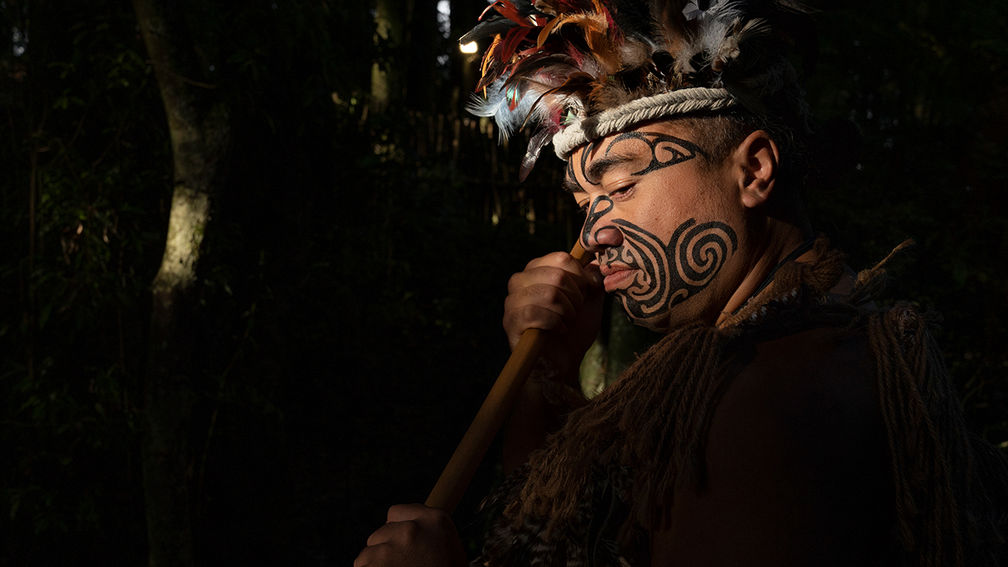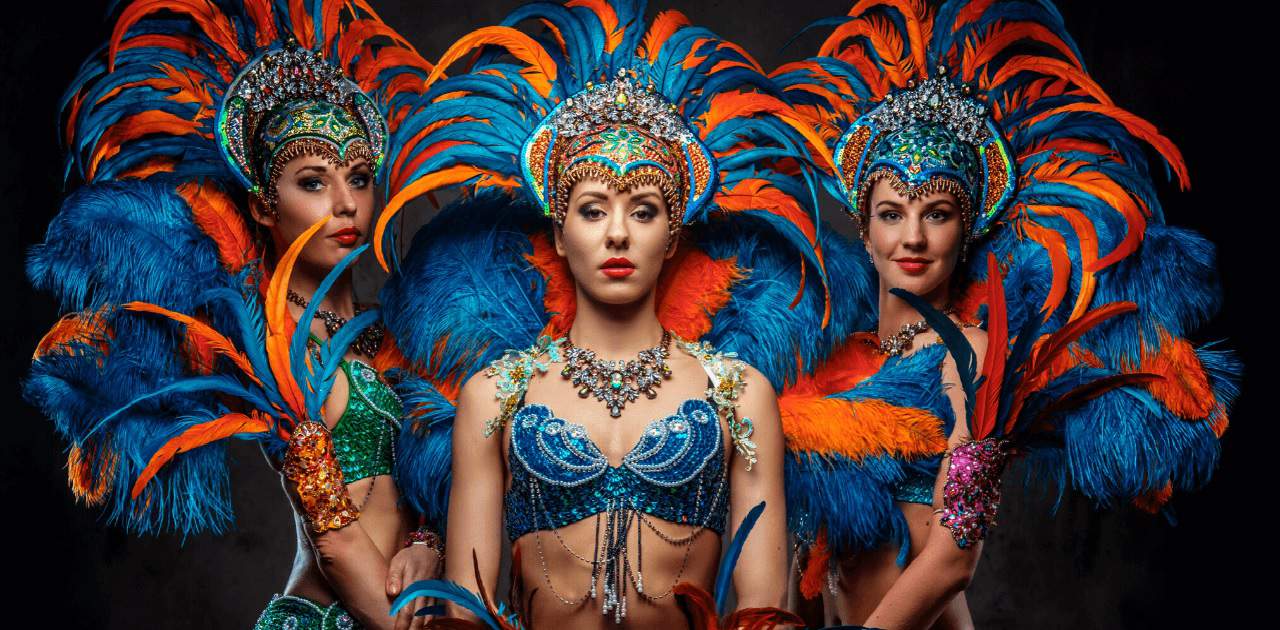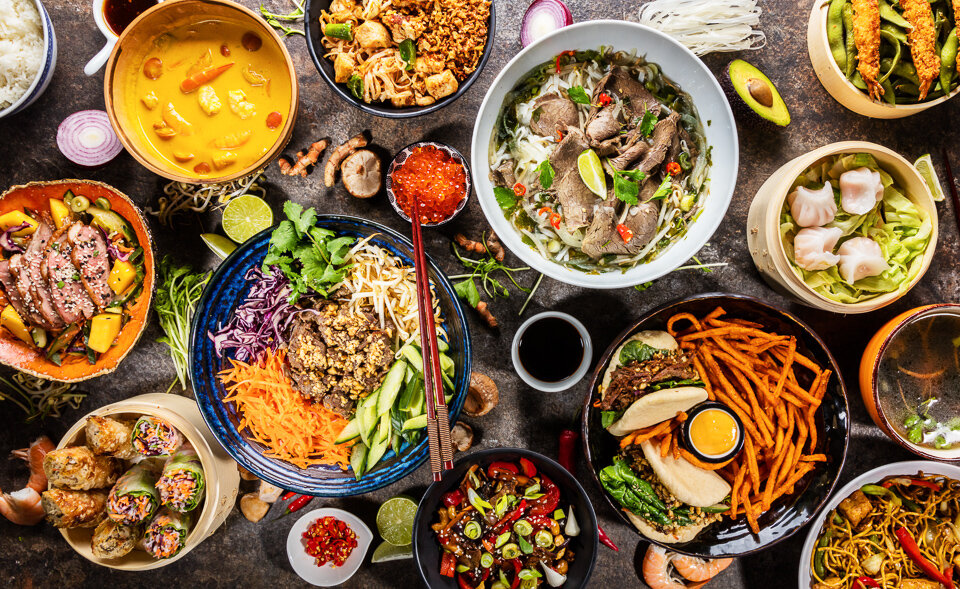In a world brimming with diverse beliefs, traditions, and customs, it is imperative to approach the cultural practices of Indigenous peoples with a deep sense of respect and understanding. Embracing the richness of their heritage can open doors to a profound connection with the land, history, and wisdom passed down through generations. This article will explore how to navigate the nuances of respectfully experiencing Indigenous cultures, fostering cross-cultural collaboration and appreciation along the way.

Understanding the significance of cultural appropriation
One way to respectfully experience Indigenous cultures is by engaging in cultural exchange rather than cultural appropriation. This means actively seeking to learn about and understand the traditions, beliefs, and practices of Indigenous peoples without exploiting or misrepresenting them. By approaching Indigenous culture with a mindset of respect and humility, you can foster mutual understanding and appreciation.
When attending cultural events or participating in cultural activities, it is important to follow any guidelines or protocols set by the Indigenous community hosting the event. This may include asking for permission before taking photos, refraining from appropriating sacred symbols or practices, and being mindful of the impact of your words and actions on the Indigenous community.
Furthermore, it is essential to support Indigenous artists, creators, and businesses by purchasing authentic Indigenous-made products and artwork. By doing so, you can help uplift Indigenous voices and promote economic empowerment within Indigenous communities. Remember that cultural appreciation is about celebrating and honoring the rich traditions of Indigenous peoples, not simply using their culture for personal gain or entertainment.
Building authentic relationships with Indigenous communities
When it comes to , it is important to approach the experience with respect and cultural sensitivity. By following these guidelines, you can ensure that your interactions are meaningful and mutually beneficial:
- Listen and Learn: Take the time to listen to Indigenous voices and learn about their history, traditions, and values. This will help you gain a deeper understanding of their culture and foster genuine connections.
- Respect Cultural Protocols: Before engaging with Indigenous communities, familiarize yourself with their cultural protocols and practices. Show respect by following their customs and traditions during your interactions.
- Build Trust Through Relationships: Focus on building trust and rapport with members of the community through genuine relationships. Take the time to get to know individuals on a personal level and show that you value their perspectives.
By approaching your experience with Indigenous communities in a respectful and culturally sensitive manner, you can establish meaningful connections that honor their traditions and foster mutual understanding. Remember to prioritize humility, open-mindedness, and a willingness to learn throughout your interactions.
Respecting sacred traditions and ceremonies
When it comes to experiencing indigenous cultures, it is crucial to approach sacred traditions and ceremonies with the utmost respect and reverence. These practices have been passed down through generations and hold deep significance for the communities that uphold them. Here are some ways to respectfully engage with indigenous cultures:
- Seek Permission: Before attending a sacred ceremony or participating in a traditional practice, always ask for permission from the community members or elders.
- Listen and Learn: Take the time to listen to the stories, teachings, and wisdom shared by indigenous leaders. Approach this knowledge with an open heart and mind.
- Respect Sacred Spaces: Treat sacred sites with care and reverence. Avoid taking photographs or touching sacred objects without permission.
| Do | Don’t |
|---|---|
| Ask questions respectfully | Interrupt or challenge cultural practices |
| Participate in ceremonies if invited | Assume entitlement to participate in sacred rituals |
| Express gratitude for the experience | Treat the experience as a tourist attraction |
By approaching indigenous cultures with respect and humility, we can foster mutual understanding and appreciation for the traditions that enrich our world.
Honoring Indigenous languages and histories
In order to respectfully experience Indigenous cultures, it is important to recognize and honor the languages and histories that have been passed down for generations. One way to show this respect is by actively listening to and learning from Indigenous peoples themselves. Take the time to engage with their stories, traditions, and languages in a meaningful way.
When visiting Indigenous communities or participating in cultural events, it is essential to follow any guidelines or protocols that may be in place. This could include requesting permission before taking photos, refraining from touching sacred objects, or participating in traditional ceremonies with reverence and mindfulness.
Additionally, supporting Indigenous businesses and artists is a way to contribute to the preservation and celebration of their cultures. By purchasing authentic Indigenous art, crafts, and products, you are not only supporting the livelihood of Indigenous peoples but also helping to keep their traditions alive.
As we navigate the rich and diverse tapestry of Indigenous cultures around the world, it is essential that we approach these experiences with humility, respect, and a willingness to listen and learn. By honoring and valuing the traditions, customs, and wisdom of Indigenous peoples, we not only preserve their heritage but also forge meaningful connections and deepen our understanding of our shared humanity. Let us all strive to be respectful, mindful, and open-hearted explorers as we embark on this journey of cultural exchange. Together, let us celebrate, honor, and learn from the Indigenous communities that enrich our world with their unique perspectives and invaluable contributions.



















